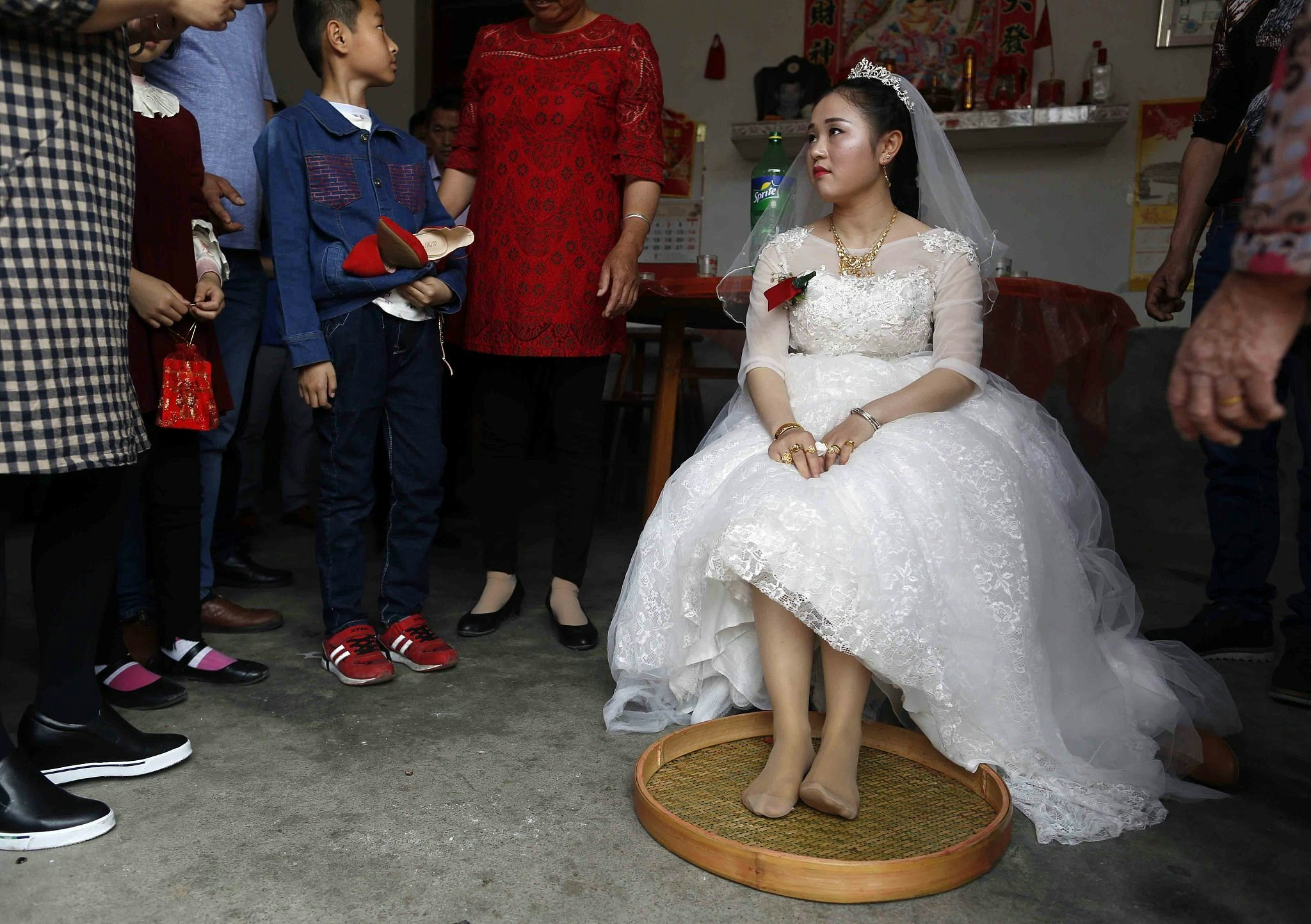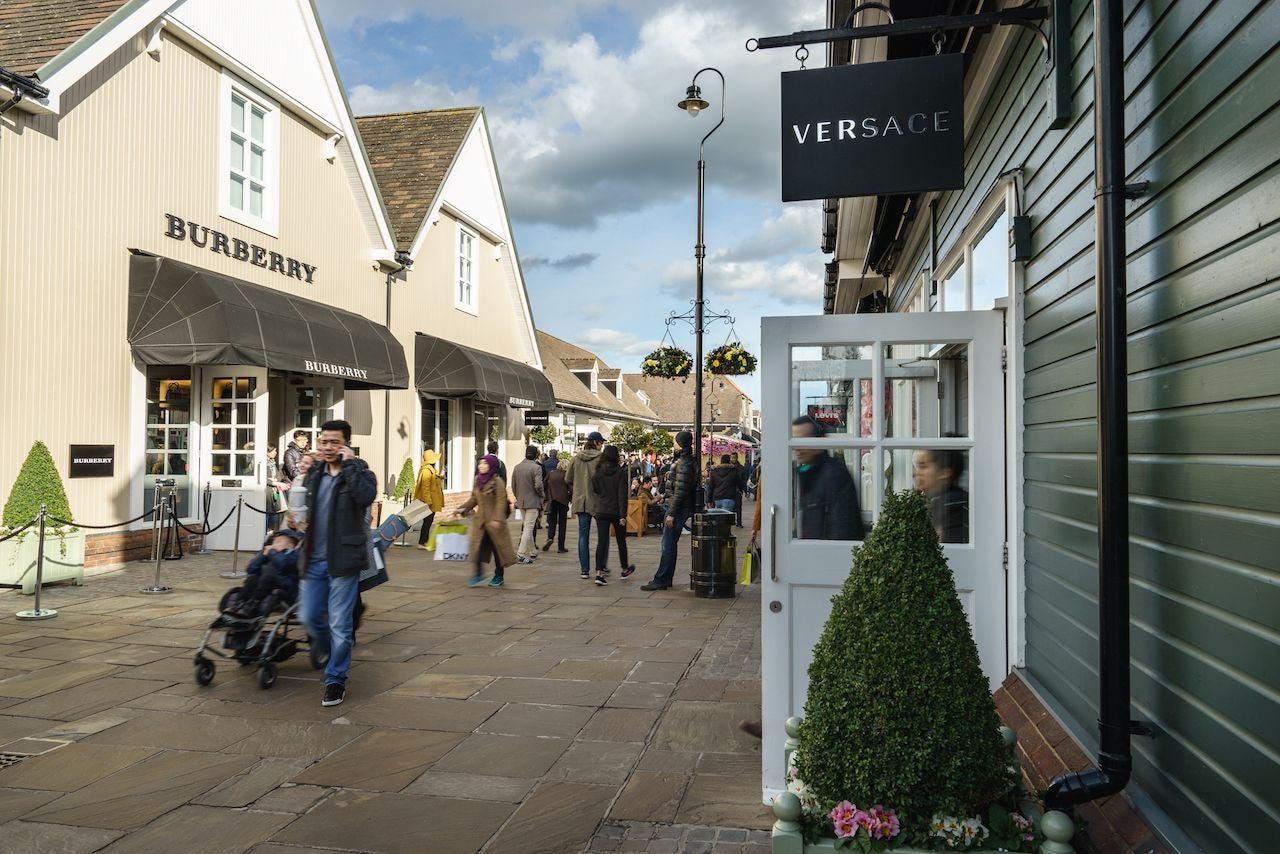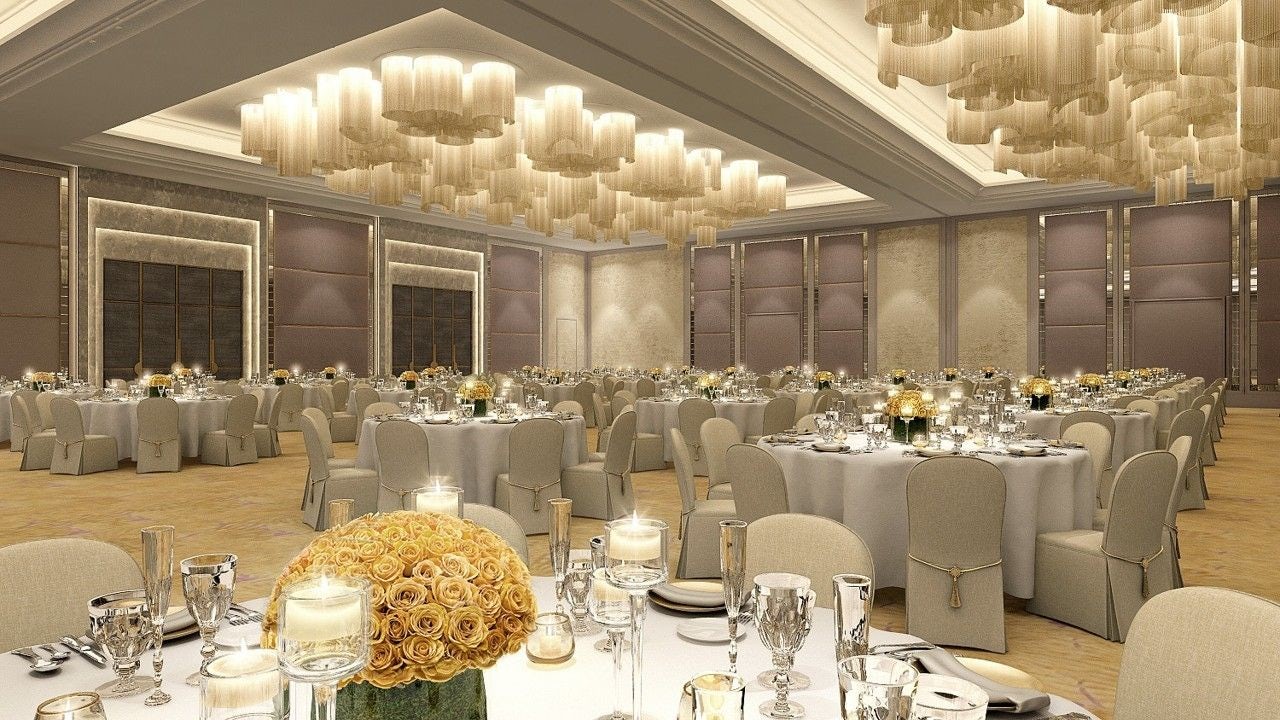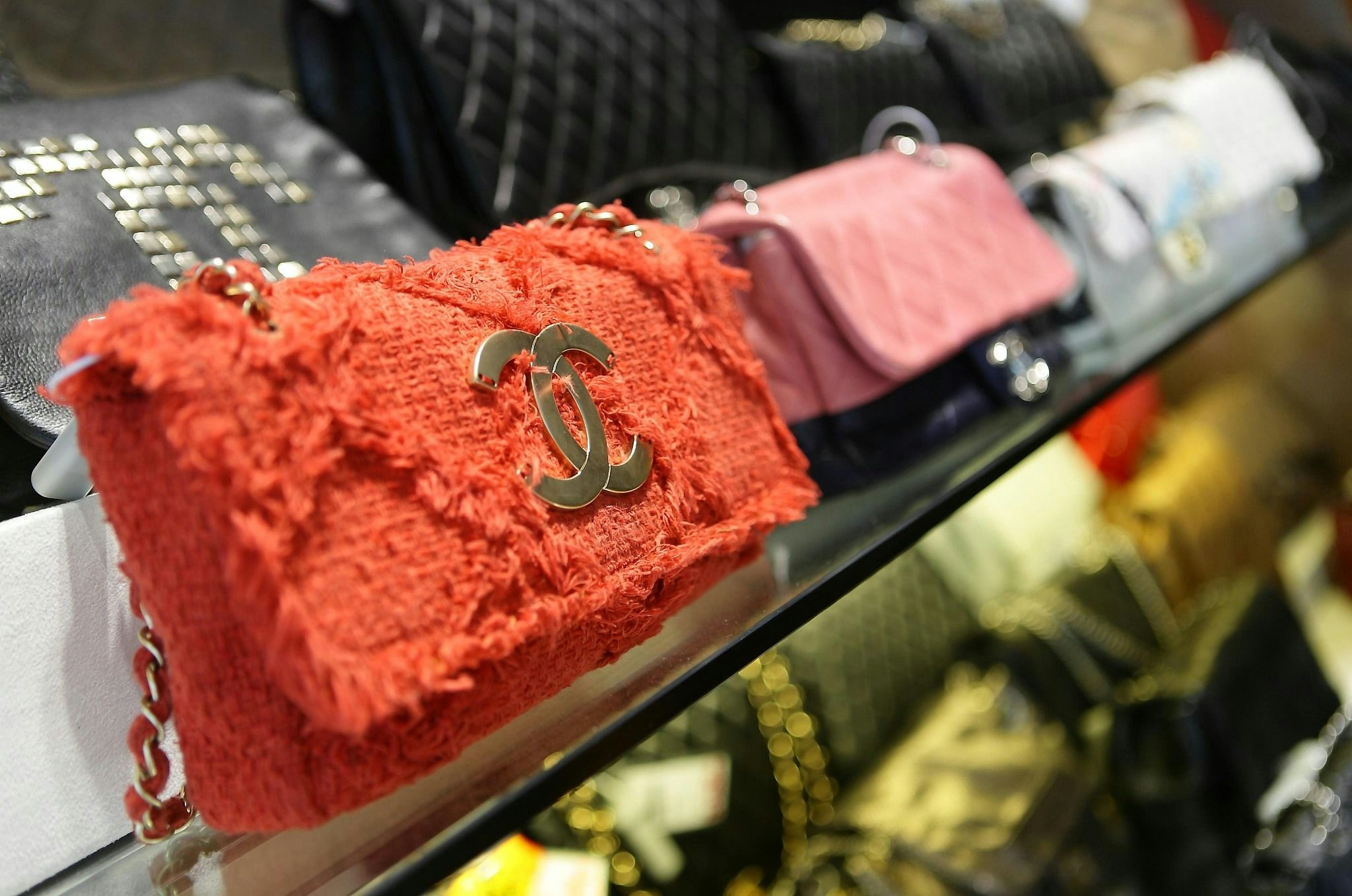If you visit one of China’s scenic spots in early spring, you'll most likely encounter young couples in their expensive wedding outfits posing for their wedding photos. These extravagant sessions, usually shot weeks before the wedding itself, include numerous different outfits and settings, which even include overseas locations for richer couples. The most popular ceremony for wealthy couples typically combines both traditional Chinese and Western aspects of a wedding, and at least two luxury dresses (usually one white, one red, and one other) for the occasion itself.
Given it may only be worn once, renting, borrowing or picking up a second-hand dress would seem to make sense, but in China such options can carry a stigma.
Founded in 2016, Brides Do Good is a pioneering social enterprise that sells pre-owned and sample designer wedding gowns, from sought-after brands such as Vera Wang, Elie Saab, Ian Stuart, Galia Lahav, and Suzanne Neville. The initiative donates up to two-thirds of their sales to charity partners Plan International and Too Young to Wed, who work to protect millions of vulnerable girls worldwide from child marriage. And they've found Chinese brides more than willing to purchase the dresses.
Company founder Chantal Khoueiry is Chief Culture Officer at Value Retail. She has worked at Value Retail Shopping Outlets in Europe and China, including the company's locations in Suzhou and Shanghai.
Last year saw Brides Do Good’s first pop-up at Bicester Village London, a prime location for affluent Chinese consumers. China represents 50 percent of the total Tax-Free Sales at the designer shopping outlet, with 60 percent of Chinese visitors to the United Kingdom spending time there. Over Brides Do Good's 10-day pop-up, 20 designer wedding dresses were sold, with four going to Chinese buyers. They raised over 26,000 for the company’s charity partners. Bride Do Good’s current Bicester Village pop-up is taking place from April 13 through May 16.
According to a 2017 survey by the China Wedding Expo, Shanghai, 45 percent of all visitors were interested in renting a wedding gown. Chinese brides are becoming increasingly open to renting or buying previously owned designer dresses, looking for a discount without appearing any less glamorous on the day.
“The Chinese guests last year were firstly surprised that there was a Bridal boutique at Bicester Village”, explains Khoueiry. “They were really excited about the big designer names they found and the high discount prices, particularly for Vera Wang, Monique Lhuillier and Elie Saab, at an average of 50 percent off the recommended retail price. They were very focused on the dress being ‘as new’, but not particularly interested to know its provenance. They were intrigued by the mission of Brides Do Good, but it wasn’t a decisive factor for them. The designer name and the discount were the hook!”
There are more than 10 million weddings in China every year, and according to the last China Wedding Industry Development Report in 2014, Chinese couples spent an average of 12,000 dollars on their wedding. This is still less than half the average amount US couples will spend on their weddings, but is extraordinarily high when compared to the average Chinese annual wage of that same year, at 8,900. It also makes for a Chinese wedding market worth almost 80 billion, and growing at an annual rate of 3.5 percent according to IBS.
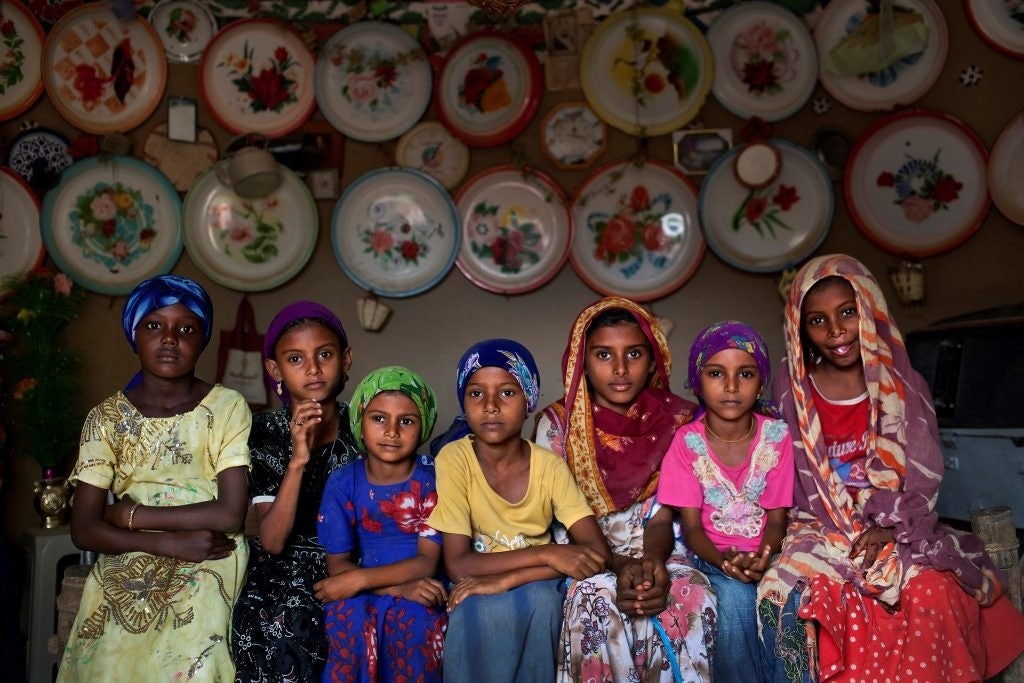
While Chinese brides may not be incentivized by the opportunity to do good before their wedding day, Khoueiry believes they are not only looking for a discounted designer price, but the opportunity to take part in a luxury shopping experience, alongside their partner, when trying on and purchasing gowns.
“Culturally we find wedding dress shopping for Chinese brides to be a couples decision. It's fine for the man to see the bride in the dress before the big day. In our experience, they like big A-gown style dresses. They loved the fact that they could try on as many dresses as they wanted and take lots of pictures, as many luxury boutiques limit the number of dresses you can try on and don’t allow taking pictures. We aim to offer them that experience. They can share photos online, they can send it to their friends. It really ties into how they enjoy to shop.”
While many individuals donate their used designer bridal gowns to Brides Do Good, the company also partners with brands that donate large quantities of samples and previous-season garments. Leading British wedding designer Suzanne Neville has so far donated seven sample dresses to Brides Do Good, with more on the way for the current Bicester Village pop-up. For these luxury brands, sustainability and the chance to “do good” are the driving factors.
“There is far too much apparel waste in the world, and therefore any initiative that reuses clothing and gives back to the world at the same time is a very worthy cause,” Neville said.“Although wedding dresses are still cherished, I think its rare now that a daughter will want to wear her mother’s gown, as times and fashions change. For us as designers, its wonderful that brides donate their dresses after they marry, so that another bride somewhere in the world can love and cherish the dress as much as they did. Brides Do Good is such an incredible concept as not only is a bride who may not have been able to aspire to wear a designer dress for her wedding given a chance to own one, but most of all each purchase helps to end child marriage.”
Founder Khoueiry agrees, explaining that she believes soaring divorce rates reinforce a loosening in sentimental attachment to wedding dresses. Additionally, she hopes the initiative will provide a sustainable solution for top brands that are currently filling storerooms with samples and previous stock they have no way of liquidating.
“On the one hand, the global wedding industry is largely recession-proof, worth 298 billion, and on track to grow even bigger. No matter what ups and downs the economy may face, brides will always place importance on investing in their big day. On the other hand, you have over 12 million girls forced into child marriage every year. Ending it requires a change in what is, at the moment, accepted as normal in many cultures.
“I felt that to support the UN and NGO in tackling this global challenge, we needed to apply a commercial strategy that will help improve the lives of young girls through solid and transparent partnerships with our charity partners,” Khoueiry said.
“Alongside this, wedding designers and retailers are sitting on samples and previous seasons collection without a channel to liquidate them whilst protecting their brand image and underpinning their CSR. Up to two thirds of proceeds from the sale of our dresses is donated to our charity partners - it's a win-win.”
